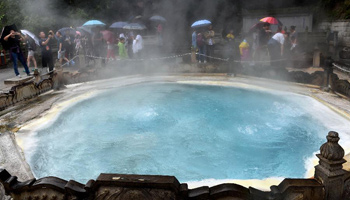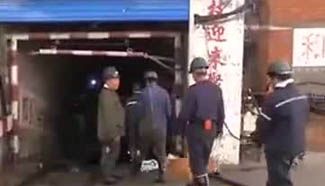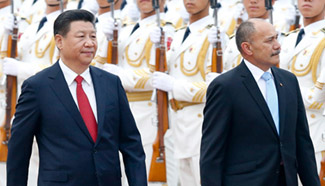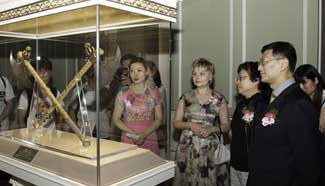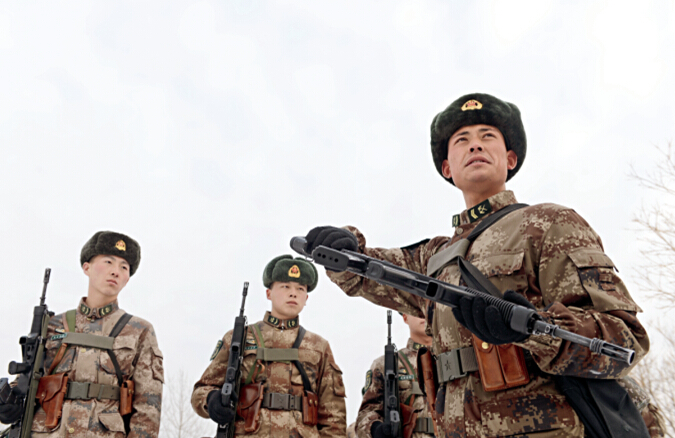
The chief non-commissioned officer (NCO) system is new to the People’s Liberation Army (PLA), although it is established in many countries and has proven conducive to army building. What changes will this new system bring to the PLA? We visited the infantry brigade of the No. 39 Group Army, which is piloting the system.
Soldiers’ aspirations
“A worthy trip needs to have a destination,” says Brigade Commander Feng Zhongguo. Adopting the position of chief NCO inspires sergeants to compete for promotion, while those who are promoted feel honored and continue to do their best.
Two years ago, sergeant retention was low. Only a few halfheartedly opted to remain in service, while most wanted to retire as early as possible. A poll showed that they resented having their rank capped at acting platoon chief no matter how long they stayed in service, with no pay rises and only mediocre benefits. The lack of advancement opportunities was the main cause of the early retirement.
Sergeant is a rank of enlisted personnel. According to the Regulations on the Military Ranks of PLA Officers approved by the second session of the Standing Committee of the Seventh National People’s Congress in 1988, soldiers who take up grassroots clerical or technical management and complete training at military academies can be awarded the rank of master sergeant. The Military Service Law enacted in 1998 regulated six levels for non-commissioned officers. In 2009, with the reform of the sergeant system by China’s Central Military Commission, that was expanded to seven levels: corporal, sergeant, staff sergeant, chief sergeant class four, chief sergeant class three, chief sergeant class two and chief sergeant class one.
The experimental chief NCO is not a rank, but a position. “Chief NCOs are set at brigade, battalion and company levels. Appointments will be made through competition,” says Deputy Brigade Commander Bai Tiejun, who is in charge of the trial. Chief NCO Wu Shuangjiang, of a combat support battalion, says his family objected him to applying to become a chief NCO. At that time, he had already served for 16 years. Wu seriously studied the proposal and decided it would be good to apply as it would broaden his career path and allow him to exploit his expertise.
Since the adoption of the system, many outstanding soldiers like Wu have chosen to stay in service. “My father wants me to retire,” says Corporal Pan Tao, “but I want to stay and become a chief NCO as soon as possible.”






